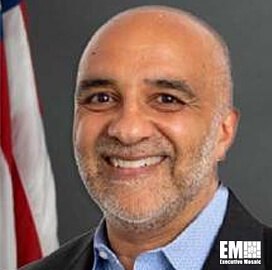Micky Tripathi, head of the Office of the National Coordinator for Health Information Technology, expects a new interoperability framework to help federal agencies accumulate and share data across multiple networks, Federal News Network reported Wednesday.
Tripathi said at an FCW-hosted virtual event that an upcoming test of the Trusted Exchange Framework and the Common Agreement could include public health networks.
He thinks the departments of Health and Human Services, Veterans Affairs and Defense could exchange information faster with TEFCA.
His office worked with The Sequoia Project, a nonprofit organization in Virginia, to develop and implement TEFCA for compliance with the 21st Century Cures Act.
The national coordinator for health IT added that the agency aims to drive federal adoption of the framework and agreement to realize multinetwork interoperability.





